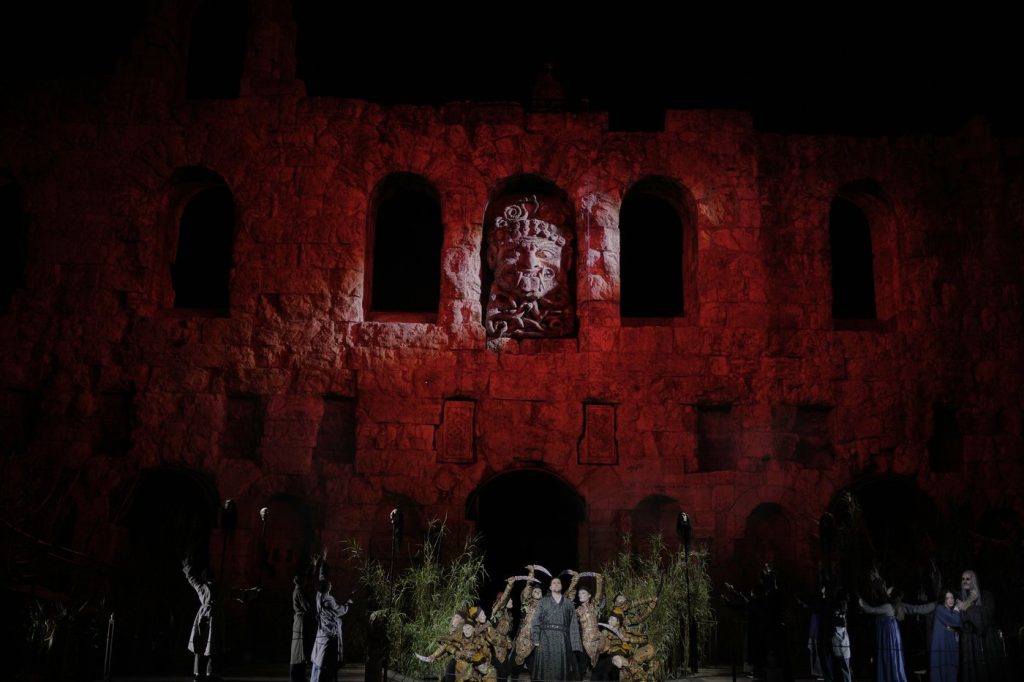The Odeon of Herod Atticus, located at the foot of the Acropolis in Athens, Greece, is a historic theater that attracts visitors for its majestic performances and is a central hub for the city's cultural events. Recently, this iconic venue opened the 70th season of the annual Athens Epidaurus Festival, a cherished event for many Greeks, marking an important milestone in the theater's rich legacy. However, this season will be the last before the theater, which is over 18 centuries old, undergoes significant maintenance and restoration work anticipated to last for at least three years.
The Odeon's significance is underscored by the renowned artists who have graced its stage, including Luciano Pavarotti, Frank Sinatra, Coldplay, and Greece’s own Maria Callas. For spectators, the loss of this venue during the restoration period signifies a notable gap in access to first-class performances held under the stars in one of the world's most esteemed open-air theaters.
Katerina Evangelatos, the festival's artistic director since 2019, stressed the theater's importance, stating, “When (people) think of the Athens cultural scene, everyone thinks of the festival and Herodion.” She referred to the theater by its common Greek name and noted that it has become synonymous with the festival, serving as its heart.
With the opening of the festival, the Greek National Opera produced Giacomo Puccini's opera "Turandot." As part of this production, temporary structures were erected behind the ancient theater’s arched walls to provide additional space for the performers' dressing rooms, as the existing underground facilities were deemed insufficient. A wooden, balcony-like platform was also constructed to extend over the orchestra pit, accommodating the larger cast and complex staging, particularly pivotal scenes in the opera.
Giorgos Koumendakis, the artistic director of the Greek National Opera, described the Herod Atticus Odeon as “a strained, fatigued space,” but one that still commands immense respect and reverence from audiences. He remarked on the emotional impact the venue has on performers and the audience alike, likening it to entering a temple of art.
Previous restoration efforts at the Herod Atticus have involved cleaning surfaces, filling cracks, and installing new seating. The current restoration project's scope will be influenced by ongoing studies to determine the venue's needs. Culture Minister Lina Mendoni stated that while the closure is confirmed for the end of summer, the reopening timeline remains uncertain, depending on the findings of these studies. “What is certain is that at least three years will be needed,” she clarified during an interview.
The impending closure means that the Athens Epidaurus Festival will have to explore alternatives for upcoming years. Reflecting on the festival's 70-year history, Evangelatos pointed out its resilience amid Greece’s postwar turmoil and economic hardships, claiming it is a “miracle of survival and artistic legacy.”
On the festival’s opening night, preparations were lively as performers made final adjustments to wigs, masks, and costumes. Soprano Lise Lindstrom, who played the leading role in “Turandot,” expressed the magical atmosphere of the venue, noting the breathtaking view of the Acropolis from the stage and the audience's deep engagement with the performance. Her performance marked the symbolic start of the theater’s final season before the long intermission for renovations.










